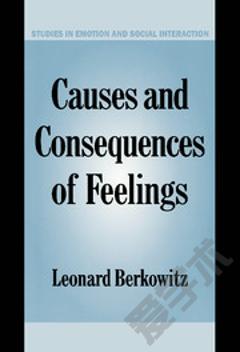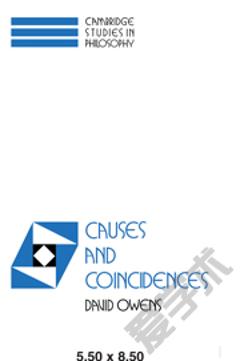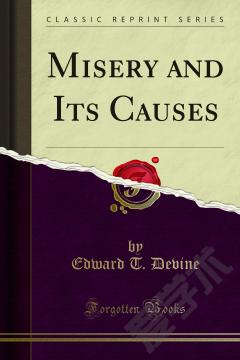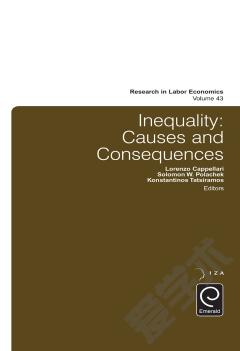Causes and Consequences of Feelings
This engaging, scholarly book by one of the leading social psychologists in the world reviews the rapidly growing body of research on the antecedents and consequences of positive and negative affect. Starting with studies that identify the dimensions along which affective experience can be located, it considers whether good and bad feelings are opposite ends of a bipolar continuum or are independent dimensions. It then looks at the many conditions that can determine whether an experience is felt as pleasant or unpleasant and examines how feelings can influence thought, memory, and action. For example, the author shows how the associative perspective accounts for mood effects on memory and why creativity is often enhanced by positive feelings. He also discusses how emotion arousal can affect the accuracy of eyewitness testimony and how good is the evidence that unusually hot weather might promote violent crimes.
{{comment.content}}








 京公网安备 11010802027623号
京公网安备 11010802027623号